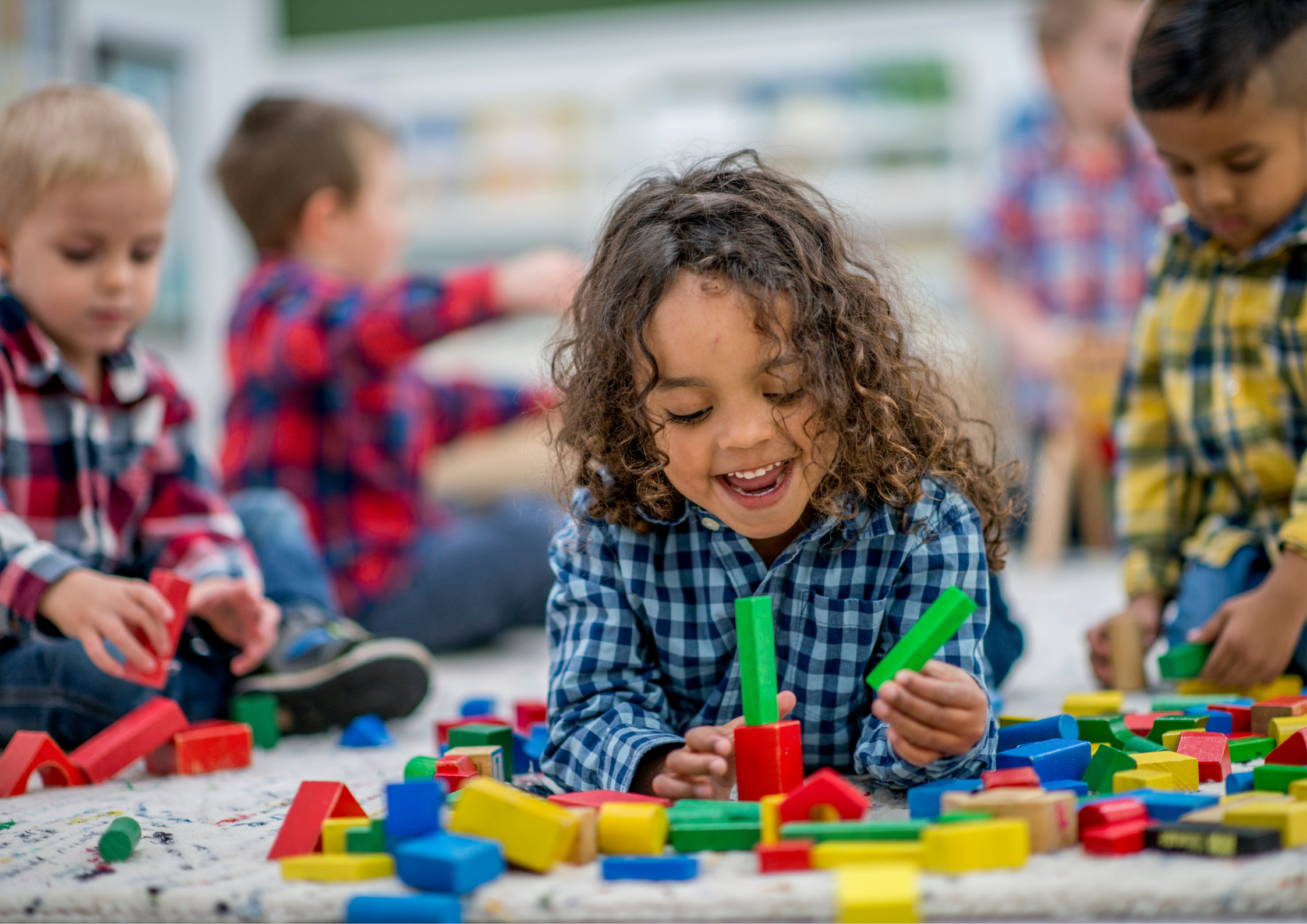
How Can You Maximize Your Little One’s Playtime with These 3 Principles
At Play Sense, we have a play-based learning program to suit every family. Enrol your little one and give them the best start to learning. Get in touch to find out more.
Playtime is an essential part of a child’s development. It fosters creativity, imagination, social skills, and cognitive abilities. As parents, we often want to provide the best opportunities for our children to learn and grow. However, it’s important to remember that playtime should be a time of joy, exploration, and freedom. In this blog post, we will explore three principles that can help maximize your little one’s playtime and create a nurturing environment for their development.
- Don’t over-schedule your little one: In today’s fast-paced world, it’s easy to fall into the trap of over-scheduling our children’s lives. While extracurricular activities and structured play have their benefits, it’s crucial to find a balance. Allowing unstructured playtime gives children the opportunity to exercise their imagination, problem-solving skills, and self-directed learning. It allows them to follow their own interests and discover their unique talents. So, resist the urge to fill every minute of your child’s day with structured activities and create space for spontaneous, unstructured play.
- Focus on the process, not the product: In a results-oriented society, it’s easy to get caught up in the end goal or product of playtime. We may feel tempted to push our children towards specific outcomes or achievements. However, it’s important to remember that the process of play is just as valuable, if not more so, than the end result. When children engage in play, they are developing essential skills such as problem-solving, creativity, and collaboration. By focusing on the process, we allow them to explore, experiment, and learn at their own pace. Encourage open-ended play, where there are no right or wrong answers, and let your child’s imagination soar.
- Imaginary play should make up a good chunk of their playtime: Imaginary play, also known as pretend play or make-believe, is a vital component of a child’s development. It allows them to step into different roles, explore emotions, and make sense of the world around them. Through imaginary play, children develop their language skills, social competence, empathy, and problem-solving abilities. Encourage your little one to engage in imaginative scenarios, whether it’s playing house, pretending to be a doctor, or embarking on an epic adventure. Provide them with props, costumes, and open-ended toys that stimulate their creativity and bring their make-believe worlds to life.
Maximizing your little one’s playtime is about creating an environment that nurtures their natural curiosity, imagination, and joy. By avoiding over-scheduling, focusing on the process rather than the product, and emphasizing imaginary play, you can ensure that their playtime is not only enjoyable but also contributes to their overall development.
Remember, play is a child’s work, and it is through play that they learn, grow, and discover the wonders of the world around them. So, let them play, explore, and embrace the magic of childhood.